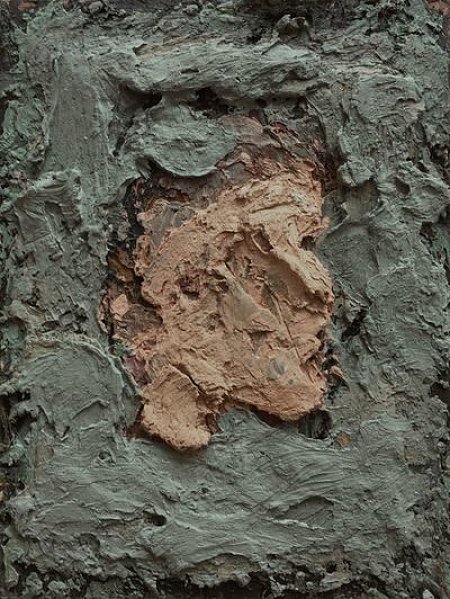
Travels with Pat
Pat’s cousin kindly bought us bus tickets back to Tucson. I was never so glad to see my dorm room bunk.
*
In our junior year at school, Pat and I decided to stop changing majors and change the landscape instead. We bought tickets on the North German Lloyd freighter Breitenstein and steamed off for Europe. It was a six-day trip on the little 8,000-ton ship, and heavy seas made the last couple of days memorable. There was a relatively sheltered bench on deck against the superstructure where the passenger accommodations were, and I sat there one night in the midst of the storm and estimated that the waves, when we were in the troughs, reached the height of the loading cranes above the deck.
Two of the eight passengers were an old ex-U-boat captain and his wife, whose company we cultivated because the captain offered us some of the very good wine he’d had stocked in the galley stores. We couldn’t afford anything beyond the Beck’s we drank, and we knew nothing about German wines—or any wines, for that matter. We ate with them—fish, which I remember the old man always referred to as “our outboard comrades”—and we also played bridge with them. The captain and his wife fancied themselves experts at the game. One night, when Pat had had quite a few Beck’s and several glasses of the captain’s wine, we started a game. I bid a club, and Pat immediately responded with seven no-trumps. With much luck and little skill, he made the contract. There was a lot of squabbling between our opponents about which was at fault—they would not have welcomed my telling them it was neither—and I had some doubts about whether our Anschluss would hold. After that evening, we were not invited back for wine or bridge.
*
We landed in Amsterdam after our passage. Pat and I checked into a youth hostel and then went out for drinks and dinner. On the street, we encountered a bunch of guys in a group.
“Die Passagieren!” one of them shouted. It was the Breitenstein crew, whom we joined for a night on the town. The pub crawl didn’t end until the wee hours, when the youth hostel was long since closed. So we spent one more night on board the Breitenstein, this time in the berths of the crew members who were on watch.
Pat went to Paris, and I trained across the Alps to Venice, got some visas for the trip, and joined the Orient Express (in third class) to Istanbul. Pat had a friend he could stay with in Paris while he looked for work, while I was headed for Ankara, where my brother, stationed there in the army, had quarters large enough to put me up. In the spring, I started back through Greece and Italy, and eventually to France. Pat was working for SHAPE. I was ready to head back to the States.
*
In the summer of 1988, four years before Pat died of colon cancer, I was in Washington for a fellowship, and, since he lived nearby in Virginia, we got together often. One scorching July day—I remember it as 104 degrees, and certainly all morning I had heard the sirens of ambulances picking up collapsed sightseers at tourist spots—Pat picked me up at my place in Foggy Bottom, and we headed for Mount Vernon, which I had never visited. Despite their pleasant setting on a hill overlooking the Potomac, the house and outbuildings were radiating the July heat. The little rooms, the low ceilings, and the few windows to provide ventilation shocked me. I couldn’t help thinking about the constant stream of visitors in the house to see the Great Man, the dinners with formal attire: the men in waistcoats, frock coats and stocks stifling their throats; the women in full length, long-sleeved dresses and petticoats. How did they do it? I must have asked the question aloud, because Pat said it wasn’t as bad as Ajo in the summertime. The little Arizona copper-mining town where he grew up did get prodigiously hot in July.
